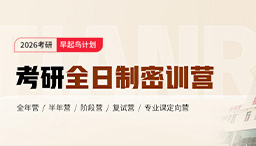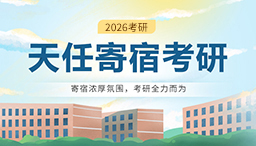考研复试英语短文翻译
1. 经济类 International trade
International trade not only results in increased efficiency but also allows countries to participate in a global economy, encouraging the opportunity of foreign direct investment (FDI), which is the amount of money that individuals invest into foreign companies and other assets. In theory, economies can, therefore, grow more efficiently and can more easily become competitive economic participants.
For the receiving government, FDI is a means by which foreign currency and expertise can enter the country. These raise employment levels, and, theoretically, lead to a growth in the gross domestic product. For the investor, FDI offers company expansion and growth, which means higher revenues.
As with other theories, there are opposing views. International trade has two contrasting views regarding the level of control placed on trade: free trade and protectionism. Free trade is the simpler of the two theories: a free approach, with no restrictions on trade. The main idea is that supply and demand factors, operating on a global scale, will ensure that production happens efficiently. Therefore, nothing needs to be done to protect or promote trade and growth, because market forces will do so automatically.
In contrast, protectionism holds that regulation of international trade is important to ensure that markets function properly. Advocates of this theory believe that market inefficiencies may hamper the benefits of international trade, and they aim to guide the market accordingly. Protectionism exists in many different forms, but the most common are subsidies, and quotas. These strategies attempt to correct any inefficiency in the international market.
国际贸易使得经济可以更有效地增长,使各个国家能够参与到全球经济当中。鼓励了对外直接投资,即个人将财富和其他资产投资到外国。在理论上来说,经济体能够由此更有效率地增长,同时更容易成为有竞争力的经济参与者。
对于接受国政府来说,外国直接投资是外国货币和专业知识进入该国的一种手段。这提高了就业水平,并在理论上导致了国内生产总值的增长。对于投资者来说,FDI 带来了公司的扩张和增长,这意味着更高的收入。
和其他理论类似,针对国际贸易人们也有相反的观点。国际贸易对贸易的控制程度有两种截然不同的看法:自由贸易和保护主义。自由贸易是两种理论中比较简单的:一种自由的方法,不限制贸易。其主要思想是,在全球范围内运作的供求因素将确保生产的高效进行。因此,不需要采取任何行动来保护或促进贸易和增长,因为市场力量会自动这样做。
相反,保护主义认为,对国际贸易的监管对于确保市场正常运转十分重要。这一理论的支持者认为,市场效率低下可能妨碍国际贸易的利益,他们的目标是引导市场。保护主义以许多不同的形式存在,但最常见的是补贴和配额。这些策略试图纠正国际市场上的任何低效率现象。















